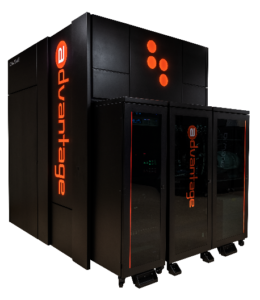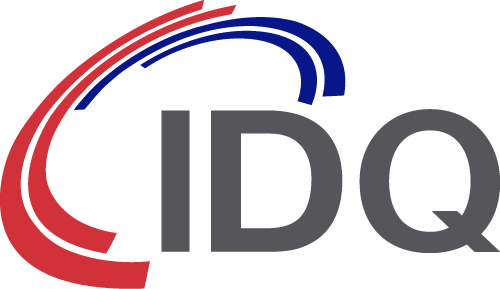Quantum Computing Review Q2 2022
We are over halfway through the year already and it’s been a busy quarter for quantum computing news. In this edition of the Quantum Computing review we will touch on some of the latest advances in quantum computing development and some ground-breaking national agreements as the US signs a series of joint statements on cooperation in Quantum Information Science and Technology.
A new era of quantum cooperation
In April, the US signed two joint statements on cooperation in Quantum Information, Science and Technology (QIST). The first, with Finland, builds on over two decades of established cooperation that began with the signing of a Science and Technology Agreement in 1995.
Later the same week, the US signed a similar agreement with Sweden. Both nations have invested heavily in quantum technologies since 2018, with the US introducing its National Quantum Initiative and Sweden investing SEK 1 billion in a national center for quantum computing, simulation, communication and sensing.
In June the US completed a hat-trick of statements, this time with Denmark. As with the two previous Scandinavian agreements, the statement builds on a long-standing history of scientific collaboration between the two nations, including the 2009 US-Denmark Science and technology Agreement.
US takes executive action on quantum technology
Still in the US, President Biden signed two Executive Orders in May. The first Executive Order on enhancing the National Quantum Initiative Advisory Committee places the advisory board, established under the aforementioned National Quantum Initiative, under direct authority of the White House.
The second was a National Security Memorandum on promoting United States leadership in Quantum Computing while mitigating risks to vulnerable cryptographic systems. The memorandum outlines the US government’s plan to migrate its various cryptographic systems to a quantum resilient position. It directs the numerous federal government agencies to develop a plan for the assessment and upgrade of its cybersecurity infrastructure, with some clear timelines for compliance.
Singapore boosts quantum ecosystem with three new platforms
In Singapore, the established Quantum Engineering Programme (QEP) received a boost to its quantum capabilities with the launch of three new platforms.

The National Quantum Computing Hub will focus on the development of quantum computing solutions. The National Quantum Fabless Foundry will support the manufacturing of quantum devices and the National Quantum-Safe Network (NQSN) will be dedicated to the application of quantum-safe communication technologies within critical infrastructure. The NQSN reasserts the country’s trust into quantum technologies as a cornerstone of tomorrow’s secure communications networks.
AWS announces a new Center for Quantum Networking
Investment in quantum computers has increased significantly over the past 10 years, but computing is just one part of the quantum ecosystem. In June, AWS announced it was adding a new Center for Quantum Networking to its existing Center for Quantum Computing and the Amazon Solutions Lab. The new center will focus on the development of hardware, software and applications for quantum networks.
UK MoD acquires first quantum computer
In the UK, the Ministry of Defence (MoD) announced it will be working with Orca Computing to explore potential defence applications of quantum computing. Orca’s PT-1 quantum computer is a small unit but, according to Orca, is the first of its kind to be able to operate at room temperature rather than in the sub-zero temperatures typically required to preserve the heat-sensitive qubits.
Quantum resources made available
In other news, new quantum computing resources are being made available to the public via the Internet.
Borealis is a quantum computer built by Canadian firm Xanadu Quantum Technologies. The second such device to demonstrate quantum advantage in boson sampling, Borealis might not have wide-ranging practical applications but does serve as a validation of the technology.
Elsewhere, D-Wave is making its small-scale prototype quantum computer – Advantage2 – available via a subscription to its Leap Online cloud service. This prototype has been built with circa 500 qubits, ahead of the proposed availability of the full 7,000 qubit annealing computer in 2023/24.
Funding and investment
In general industry news, the Quantum Simulation Division of 1Qbit has spun out and has formed its own independent company called Good Chemistry Company. QC Ware has secured $1.5million from BPI France to develop quantum software APIs for deep learning and finance. The European Research Council has awarded a $2.6m grant to Aalto University for a project called ConceptQ, aimed at developing a new type of superconducting qubit. The European Investment Bank has provided IQM with a $36m loan to expend its recently opened quantum fabrication facility.
IDQ in the news
How To Make The Internet Secure In A Quantum World
ID Quantique expands the XG Series with the launch of the Clavis XG
IBM publishes quantum roadmap update
IDQ technology features in Quebec Quantum Infrastructure project
The Quantum Ecosystem Accelerates Further In The Paris Region



